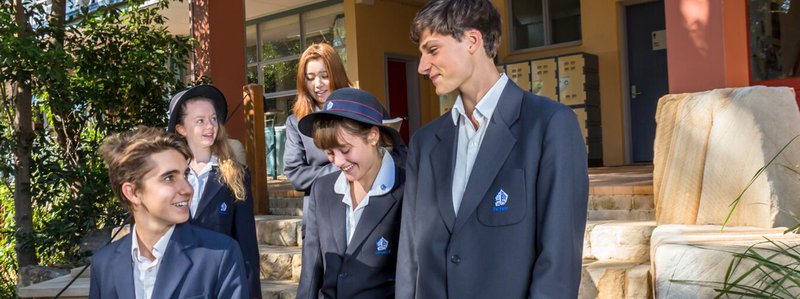
There are new words to describe overprotective parents: it used to be the helicopter parent who always hovered, but now it’s the Snowplough parent who intervenes and removes all obstacles. Another term is the Concierge Parent who sits at a little desk by the door and smooths over every difficulty that may face a growing child, whether younger or a teenager. There is widespread concern that such parenting contributes to the “Snowflake” generation of young adults who can “melt” at the slightest difficulty or crumble when confronted by an obstacle.
Recent research provides some interesting data on which family-based activities provide growing children with the most confidence to face life and its challenges. The things that the study indicated work are:
• Travel and holidays close to home (ie international and interstate travel is least effective)
• Team sports
• Chores around the house
• Part time jobs for teenagers
What does not help build confidence are:
• Computer gaming
• Social media
The evidence from this study is that any kind of unsupervised activity boosts confidence, where the young person is called on to self- manage and work out solutions within a safe and real life framework. In schools, leadership opportunities are important builders of confidence while in the family, local travel, team sports and chores provided the most significant boost. The study was released last year and provides some interesting evidence for parents and schools to consider.
To raise confident kids, take them on holidays close to home, give them chores and encourage them to get a part-time job.
A study of 10,000 Australian high school students found boys and girls derived equal amounts of self-confidence from the same activities, and the top three in general were travel, team sport and leadership opportunities. But doing chores around the house also boosted confidence, although the effect declined beyond six hours a week. Few of the students in the study had part-time jobs, but those that did reported greater self-confidence. While boys devoted more time to team sports and outdoor activities, they were important to the self-esteem of both genders, the study from the University of Queensland's AIBE Centre for Gender Equality in the Workplace found.
Travel was also important, but international travel was least effective: "Local travel on holidays ... is likely to allow for children to spend more unsupervised time away from adults relative to trips either interstate or overseas," the report said. Any kind of unsupervised activity boosted confidence. Adults could play a role in framing the activities, but the benefit came from carrying out the activity without adult oversight. Parents were often focused on academic success without realising the long-term, positive impact of confidence, the report's lead author Terry Fitzsimmons said.
"If people believe that they should be good at something, then they are more likely to be good at it," Dr Fitzsimmons said. "If you have a lack of focus on developing kids' efficacy, you are going to get poorer academic results among other things. "If you are looking at [confidence] generally, I would say get kids engaged outside the house, and with others."
Dr Fitzsimmons also urged parents to nurture gender equality at home by giving their children the same chores, and paying them equal amounts of pocket money. "They are simple things that can be done by all of us. They don't have to be complicated." The activities with the most negative effects on confidence were computer gaming and social media. "We are seeing gender stereotypes on sitcoms and TV shows, and they are so formative," he said. "If there's nothing to contradict that in their real life, they come to believe it. It's important to say, that's not the way we do things."




